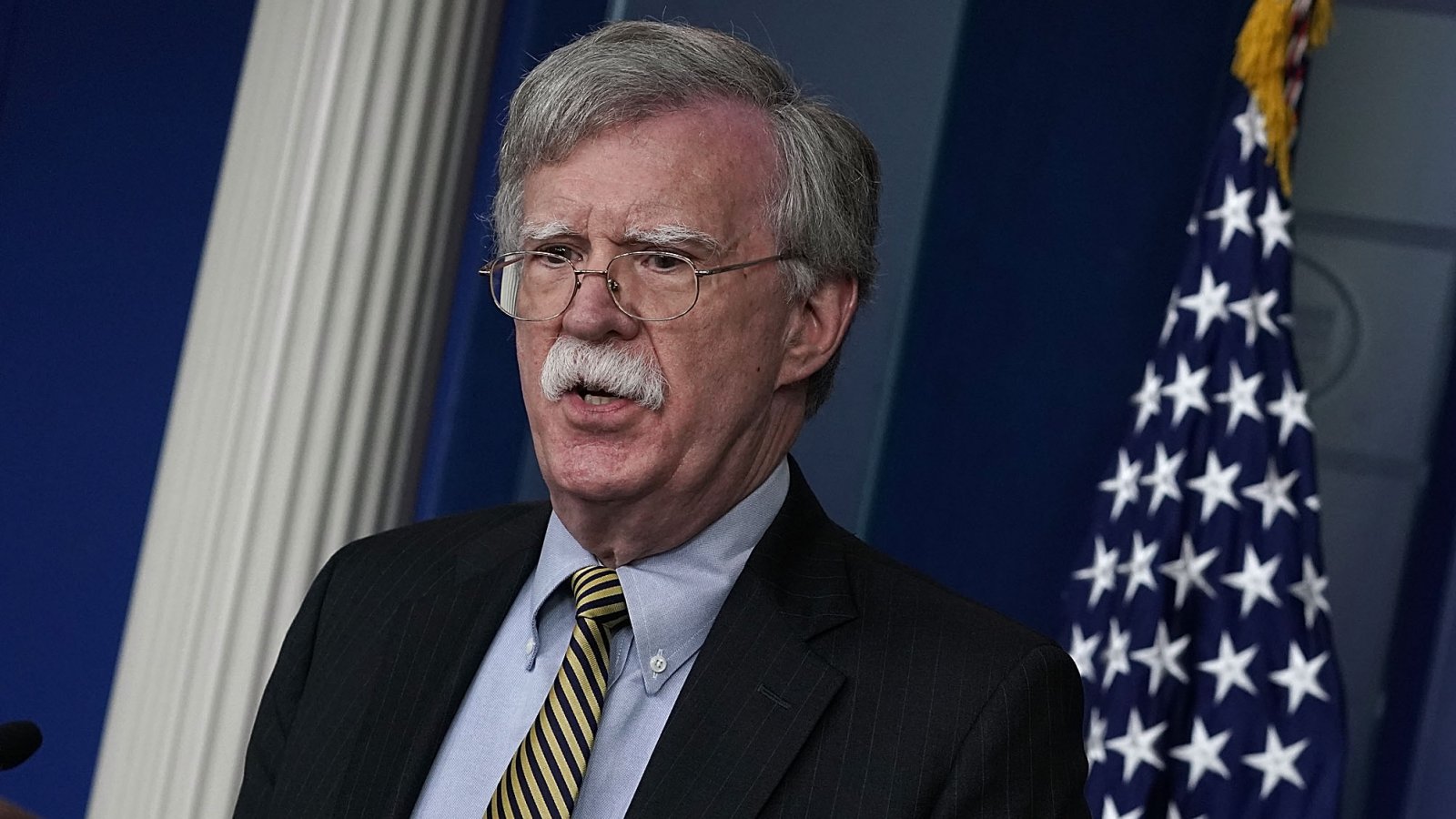
National security advisor John Bolton said Wednesday the United States is conducting offensive cyber operations to deter foreign election interference and safeguard the midterms, but experts say without knowing more details, the administration's actions seem little more than a PR push.
Though Bolton did not specify the operation’s nature, U.S. Cyber Command has begun signaling to Russian operatives that their identities are known — an implicit warning not to attempt to disrupt American politics. The Washington Post and other media reported on those developments last week.
The offensive cyber actions were aimed at “defending the integrity of our electoral process . . . and our adversaries [had] better know that and better understand that,” said Bolton, speaking in Washington at an event sponsored by the Alexander Hamilton Society.
(...)
Whether such signaling amounts to an offensive cyber operation depends on the method used, analysts said. Simply sending a text message or email would not, said Kate Charlet, a former senior Pentagon cyber official. But “if you had a banner or a pop-up on an adversary’s computer that says, ‘We’re watching you,’ that would be cyber-enabled,” she said, noting that she was not briefed on the operation.
Brett Bruen, a former National Security Council official who has worked on countering Russian disinformation, called signaling “a pretty ineffective” warning shot. “What we have seen over recent months have been largely superficial steps, mostly for domestic consumption, to be able to say that we are doing something,” he said.
(...)
The operation is an early use of a new presidential directive — National Security Presidential Memorandum 13 — that Bolton said minimizes the “procedural restrictions on undertaking offensive cyber operations.” Said Bolton: “The objective here is not to have unrestricted cyberwarfare. The objective is to create structures of deterrence by making our adversaries understand that when they engage in offensive cyberactivity themselves, they will bear a disproportionate cost.”
But it's the Pentagon that is facing real cost concerns as Trump-mandated budget cuts could hinder efforts to counter Russia and China.
President Trump ordered agencies across his administration to slash 5 percent from their budget proposals for the coming fiscal year. The order came in response to a 17 percent increase in the federal budget deficit for fiscal 2018, the largest jump since 2012, which resulted from the tax cut he approved late last year and increased government spending.
(...)
Deputy Defense Secretary Patrick M. Shanahan said Friday that the Trump administration has instructed the Pentagon to prepare a $700 billion budget for 2020. The Pentagon had planned on a budget of $733 billion.
Bolton says U.S. is conducting ‘offensive cyber’ action to thwart would-be election distrupters (WaPo)